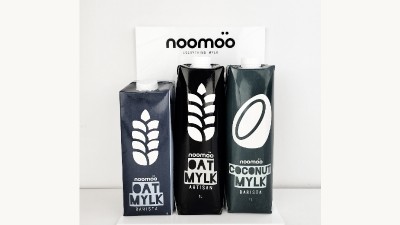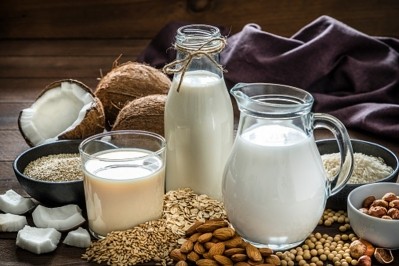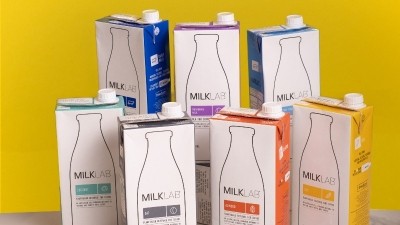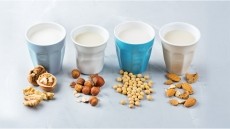Bringing the oat milk home: Otis eyes ‘huge’ cost reductions and production boost with NZ infrastructure
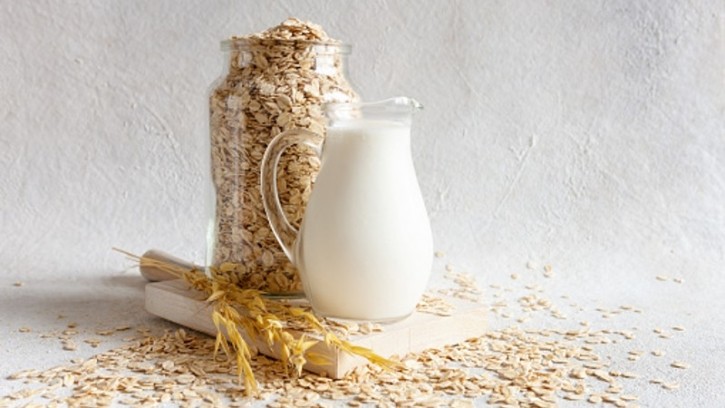
Otis Oat Milk was established in 2019 and has made a name for itself as one of the country’s leading oat milk brands – but had faced major growth hurdles due to a severe lack of local production infrastructure.
“The lack of infrastructure [for oat milk production] really surprised us previously, as New Zealand has such an abundance of world class dairy production - we’ve had to ship our New Zealand-grown oats to Sweden for manufacture due to the lack of a local factory with the technology required to produce premium oat milks to the gold-standard we demand,” Otis Co-Founder Tim Ryan told FoodNavigator-Asia.
“There just wasn’t the appetite in 2019 to make the investment into the plant-based space, throw in a global pandemic and it makes for a long and winding journey - There was also a lack of ‘know how’, which was part of the reason we went all the way to Sweden.
“The gold standard we need really is a combination of engineering and production expertise coupled with this food technology knowledge - For example, there are specific enzymes that we use during the oat milk making process, but these require very precise controls on time and temperature to work correctly and this is where the right set up of equipment is essential as without it, you can very easily damage the healthy properties of the oat, leaving an inferior milk.”
Otis has developed its own enzyme technology for work specifically with the New Zealand variant of oats – a move that is set to pay off many times fold now that it has established its own local manufacturing setup.
“This was certainly costly up front, but now sets us up for success with NZ production imminent,” Ryan added.
“Knowing how to make your own recipe, with which enzyme and what process is the real secret [as opposed to what] a lot of brands do which is buy a white label product with no idea of their recipe, wrap some branding around it, and sell it with a fancy story.
“We also see the main benefit as being a huge reduction in freight and logistical costs as domestically this will allow us to offer our premium product at more competitive prices, further closing the gap between NZ grown plant-based and dairy milk.”
Otis is working with local beverage manufacturing specialists Freeflow on the plant, as well as Swedish plant-based technology firm Cerealiq – Otis products from this line are estimated to hit local markets later this year, and overall the plant is to be one of the world’s ‘most technically advanced plant-based milk manufacturing facilities’, able to produce some 50 million litres yearly.
Further export growth is also expected to be imminent for Otis on the back of this facility, with the firm already having successfully expanded beyond New Zealand to multiple markets including Singapore, South Korea, Vietnam, Indonesia, Hong Kong and Malaysia.
“For our export markets in Asia, we will now be able to take advantage of the excellent trading relationships NZ has in this part of the world, with a reduction in tariffs being a big help,” he added.
“We have a handful of other markets currently in negotiation too, and off the back of announcing NZ production we are excited to grow the brand further into the APAC region.”
New Zealand’s oat legacy
The oat industry in New Zealand dates back to the early nineteenth century, and this heritage has been further built upon by the local Oat Industry Group (OIG) which invests in an oat breeding programme led by Plant Research NZ that focuses on the search for optimal oat varieties.
“Otis works closely with this group and we divert 1% of sales towards the breeding programme,” Ryan explained.
“NZ oat varieties are not only dense in nutrients and gut healthy fibre beta glucan, but also lighter on the land, requiring less sprays and fertiliser than many grown in other parts of the world.
“As well as this, NZ oats don’t require irrigation, meaning less runoff into waterways – [and] when made from NZ oats, oat milk is more environmentally sustainable than other existing plant-based milks too
“With the growth in demand for oat milks, our breeding program is now specifically looking for varieties that have the qualities most suited to beverages (such as higher in beta glucan) as opposed to just porridge or baked goods.”
